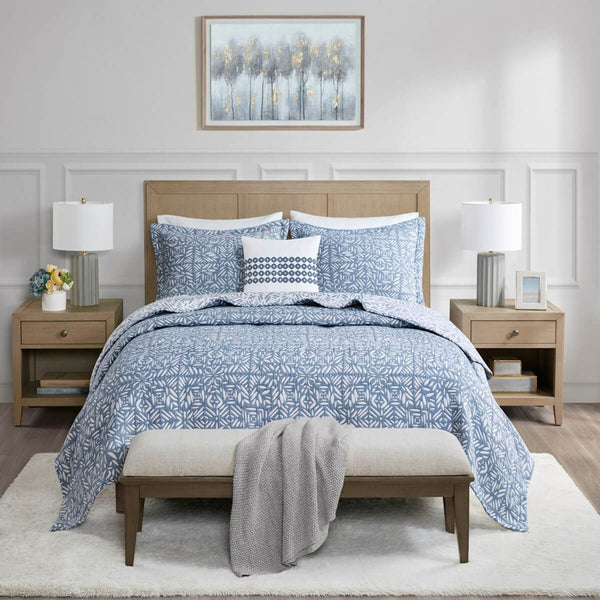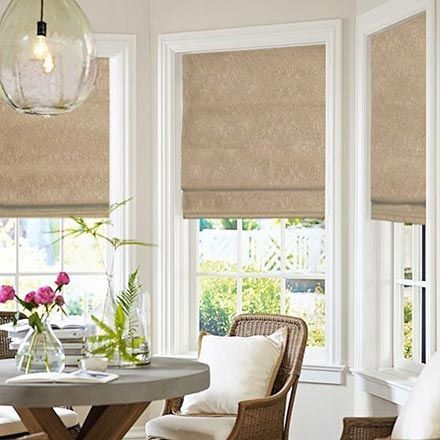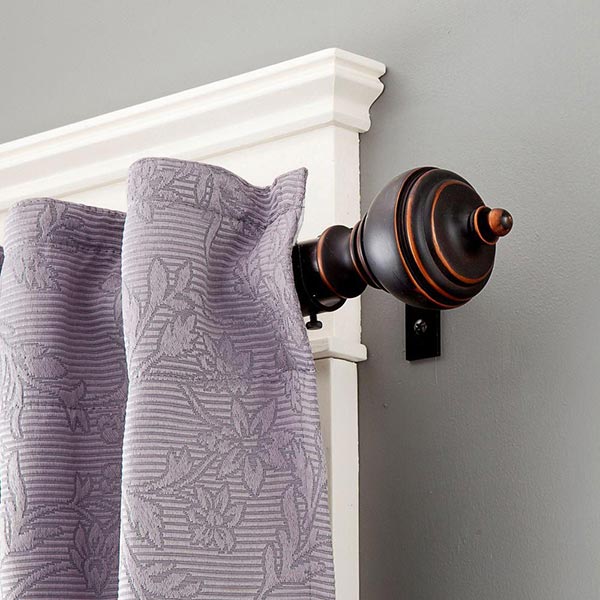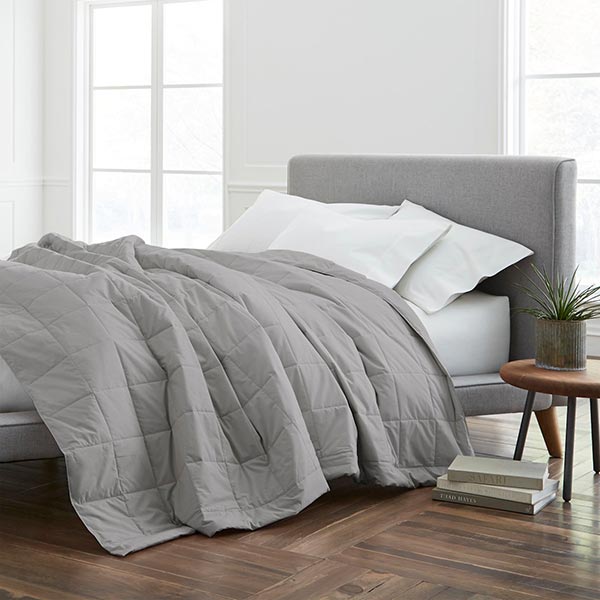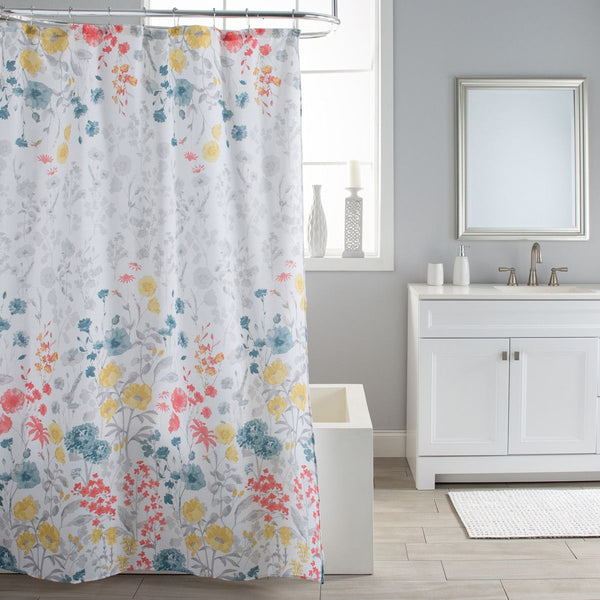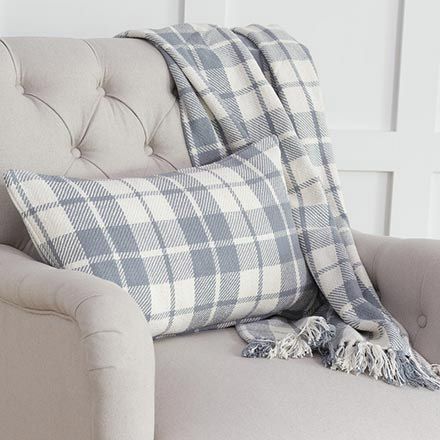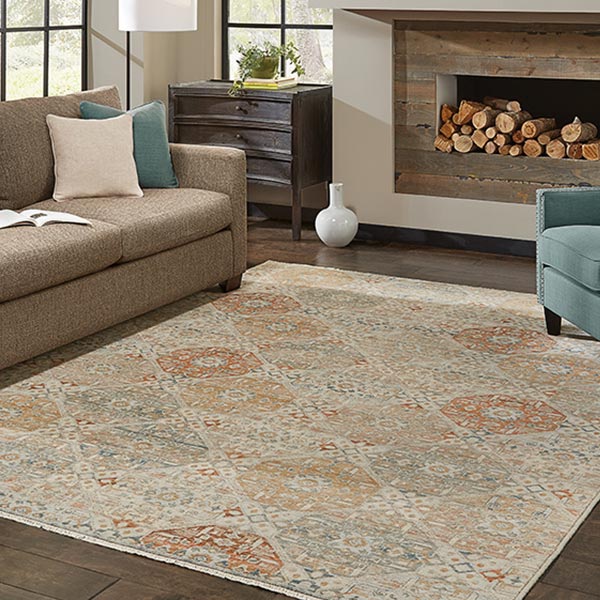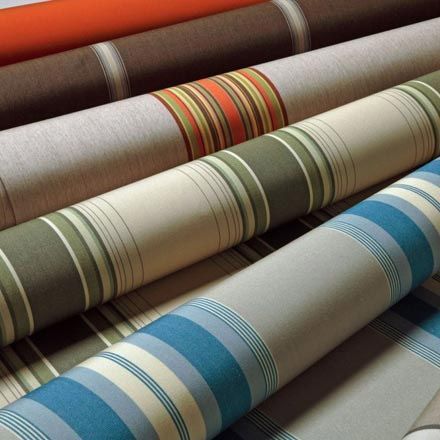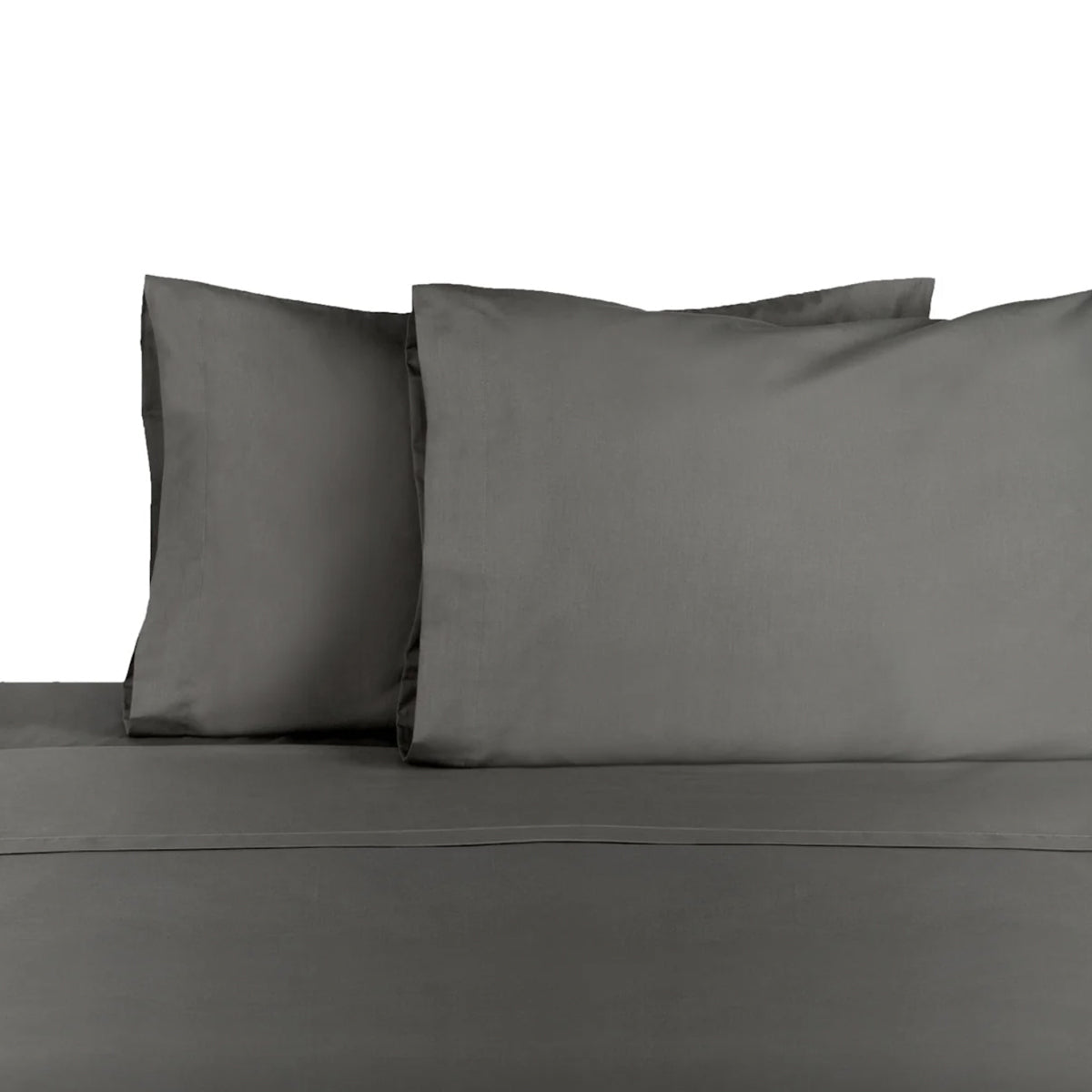
Cotton vs. Polyester Bed Sheets: What Really Matters (And Why Thread Count Isn't Everything)
When it comes to upgrading your bedroom sanctuary, few things matter more than your choice of bed sheets. At Port & Bay, we know the small details—like fabric feel and thread count—can make a big difference in the quality of your sleep. But with so many options out there, how do you choose the best sheets for your bed? Today we’re breaking down the two most common materials—cotton and polyester—and demystifying the importance of thread count, so you can sleep smarter.
Cotton: The Natural Choice
Cotton is the gold standard in bedding for a reason. As a natural fiber, it’s breathable, soft, and gets better with every wash. High-quality cotton, like Egyptian or Percale, is especially prized for its long fibers that create smoother, more durable fabrics.

Why People Love Cotton Sheets:
- Breathability: Cotton allows air to circulate, keeping you cool in the summer and cozy in the winter.
- Moisture-wicking: It absorbs moisture without feeling damp, which is perfect if you tend to sleep hot.
- Softness: Cotton gets softer over time without losing strength.
- Hypoallergenic: Ideal for sensitive skin or allergies.
However, cotton sheets can wrinkle more easily and might require a little more care when washing and drying. While high-quality cotton sheets are luxurious and comfortable, they tend to be more expensive than synthetic alternatives.
Polyester: Durable and Budget-Friendly
Polyester bedding is a synthetic fiber made from petroleum-based products. While it doesn’t have the natural appeal of cotton, it has its own list of benefits—especially for those seeking durability, easy care, and affordability.
Why People Choose Polyester Sheets:
- Wrinkle-resistant: Polyester sheets come out of the dryer looking smooth and crisp, without needing to be ironed.
- Durability: These sheets can handle frequent washing without breaking down, and last for years.
- Affordability: Generally less expensive than cotton, polyester sheets are a great entry-level option.
- Color retention: Polyester holds dyes well, so sheets maintain their color over time and don’t fade wash after wash.
The trade-off? Polyester doesn’t breathe as well as cotton, which can trap heat and moisture. This might not be ideal for those who get warm at night or live in humid climates.
The Hybrid Option: Cotton-Polyester Blends
Want the best of both worlds? Cotton-poly blends are a smart middle ground. These sheets combine the softness and breathability of cotton with the durability and easy-care benefits of polyester. You get a smoother finish that resists wrinkles without sacrificing too much comfort or breathability.
Experience effortless comfort with our Martex 225 Thread Count Sheet Set—a versatile essential for kids’ rooms, guest spaces, dorms, or any bedroom in need of a cozy refresh. Crafted from a durable 60% cotton and 40% polyester blend, these sheets offer the best of both worlds: softness and strength. The fabric is brushed for an ultra-smooth, soft-to-the-touch feel, while its easy-care construction means quick drying and natural wrinkle resistance. Designed to keep up with daily life and still look great, these sheets are the perfect combination of comfort, convenience, and lasting quality.

Thread Count: Is Higher Always Better?
Thread count is one of the most talked-about features in bed sheet shopping—but it’s also one of the most misunderstood. Thread count refers to the number of threads woven into one square inch of fabric (both horizontal and vertical).
You’ve probably seen sheet sets boasting 800, 1000, or even 1500 thread counts. But here’s the truth: a higher thread count doesn’t always mean higher quality.
Here’s what you should really know:
- Sweet spot: For cotton sheets, the ideal thread count is usually between 300–500. This range offers softness, durability, and breathability.
- Inflated numbers: Some manufacturers use multi-ply threads or creative counting methods to artificially boost thread count, which can result in thicker, less breathable sheets.
- Quality over quantity: A well-made 300-thread-count sheet in long-staple cotton will outperform a cheaply made 1000-thread-count sheet every time.
What Really Matters When Choosing Sheets
Whether you choose cotton, polyester, or a blend, your ideal sheets depend on your personal preferences and lifestyle. Here are a few questions to ask yourself:
- Do I sleep hot or cold? If you sleep warm, breathable cotton or a blend is probably better than polyester.
- Am I sensitive to fabrics? Natural cotton is softer and gentler on skin.
- How much maintenance do I want? Polyester sheets need less ironing and resist shrinking or wrinkling.
- What’s my budget? If you're watching your wallet, polyester or a cotton-poly blend offers a solid balance of comfort and cost.
At Port & Bay, we believe quality sleep starts with quality bedding. While the cotton vs. polyester debate ultimately comes down to personal preference, understanding what makes each fabric unique—and how thread count fits into the picture—empowers you to make the best decision for your bed.
Sleep isn’t just a necessity—it’s a luxury. Make it count!
